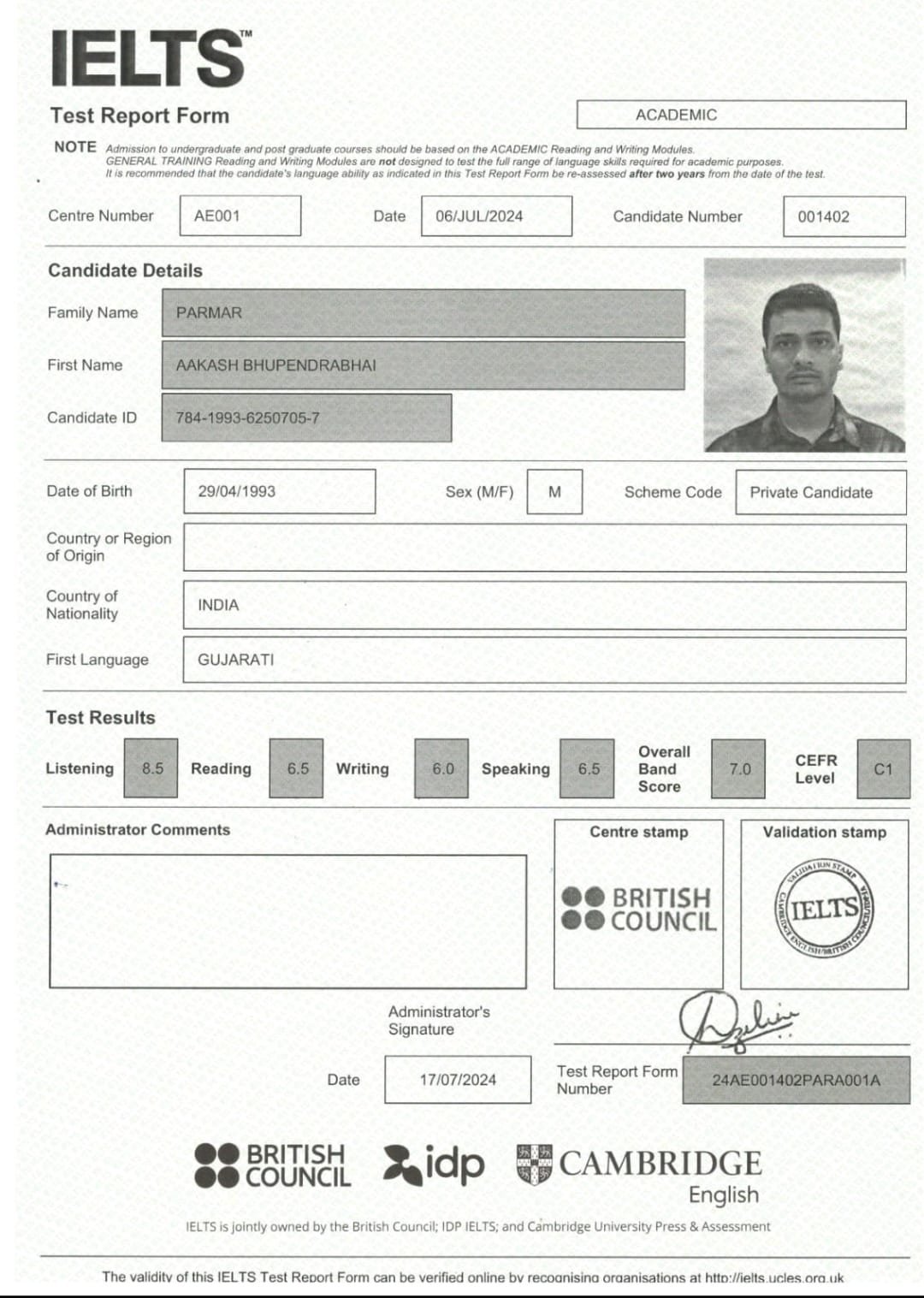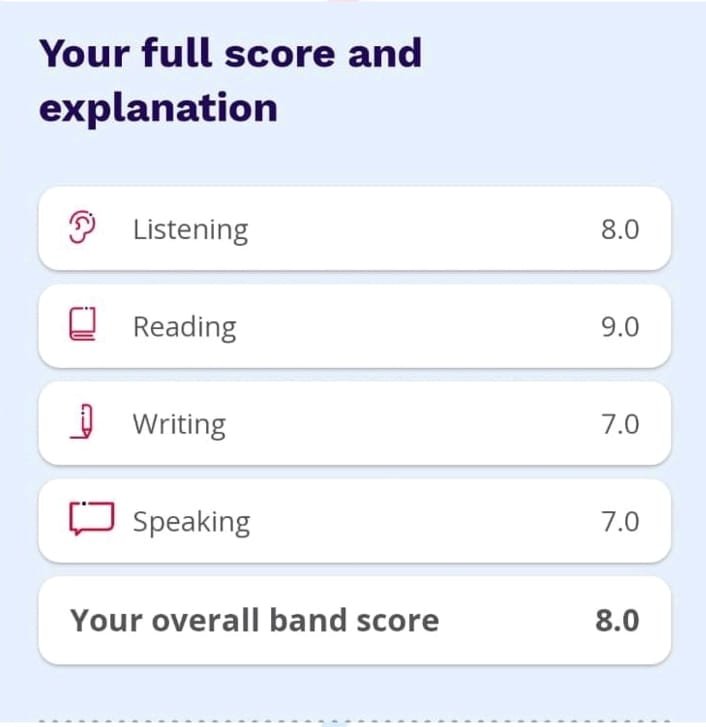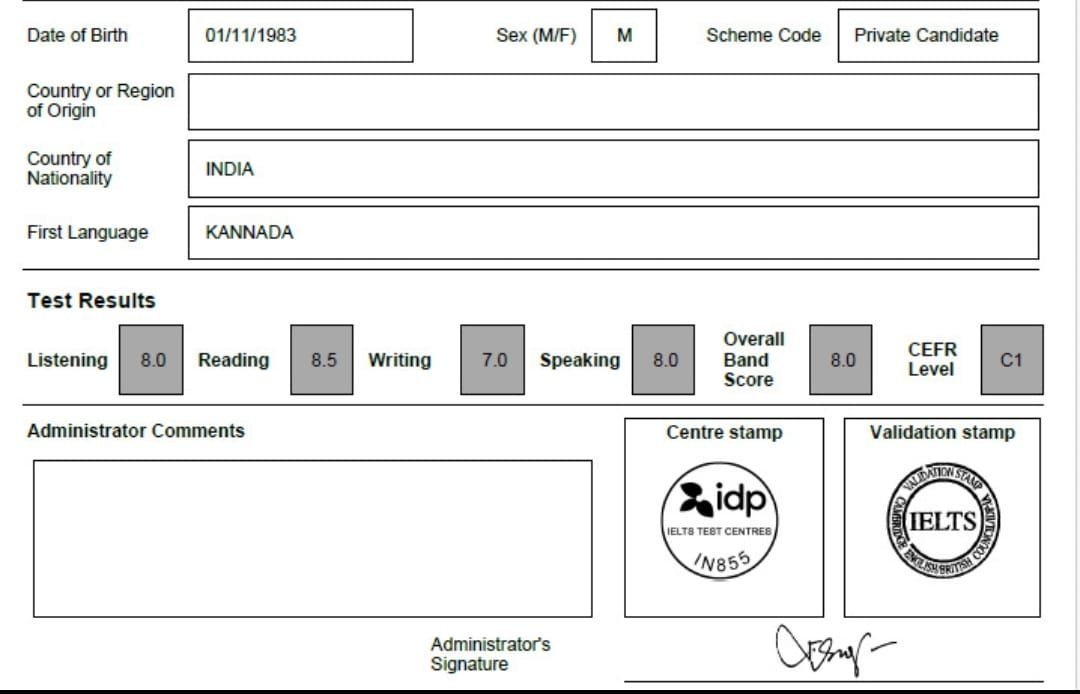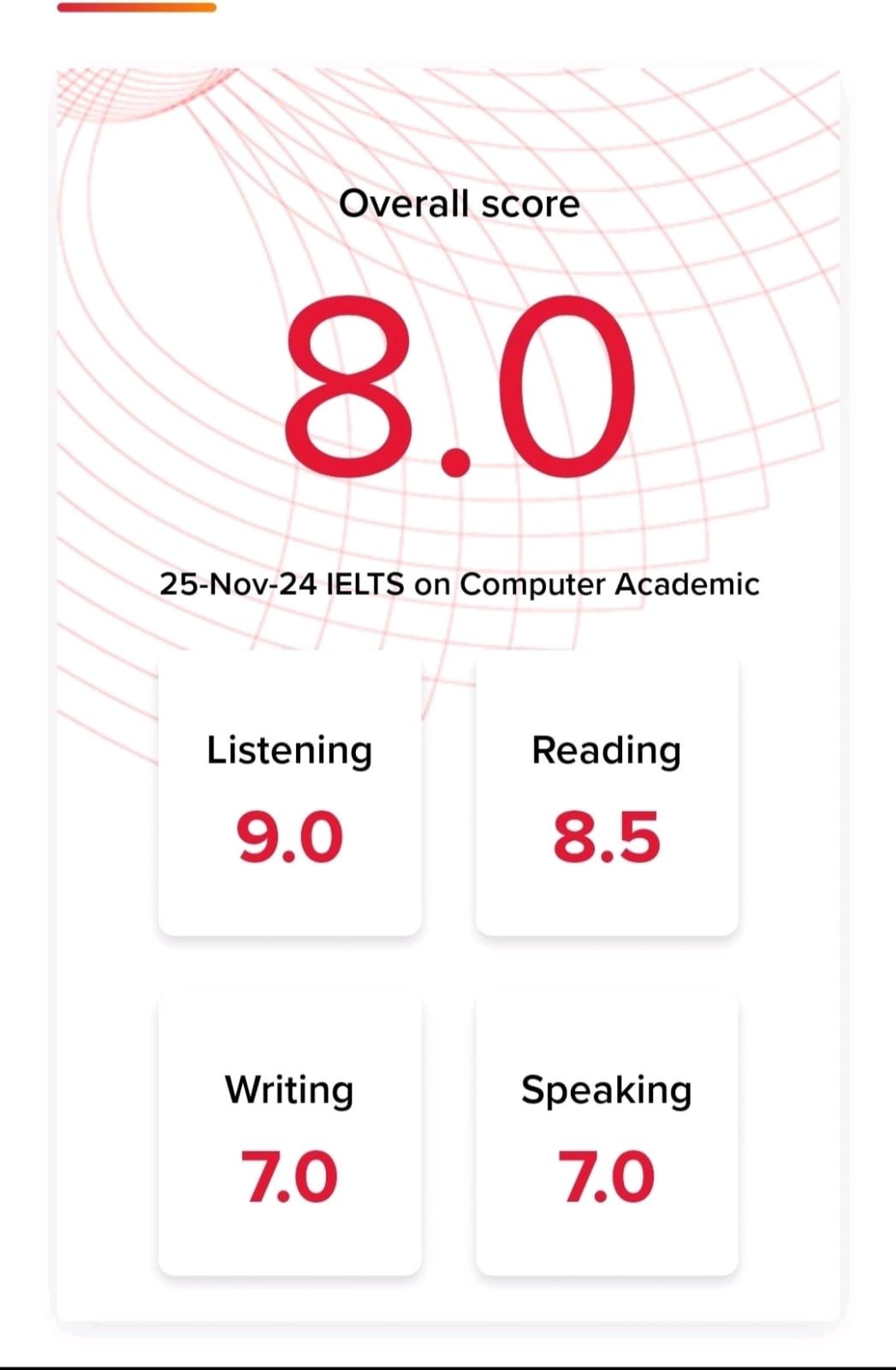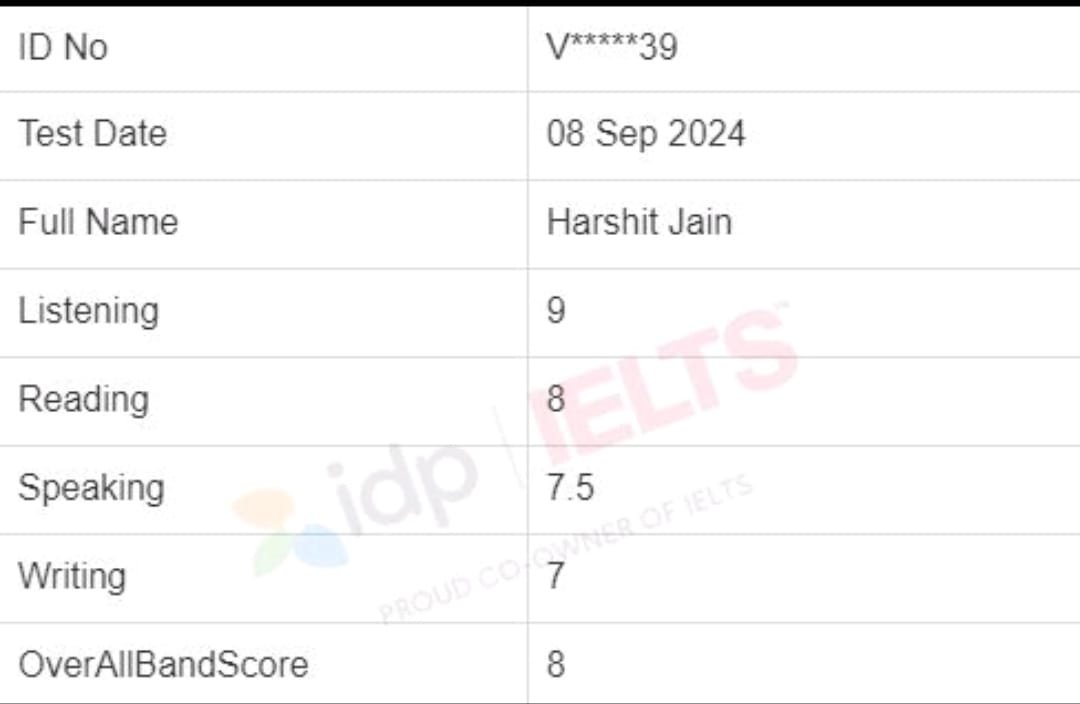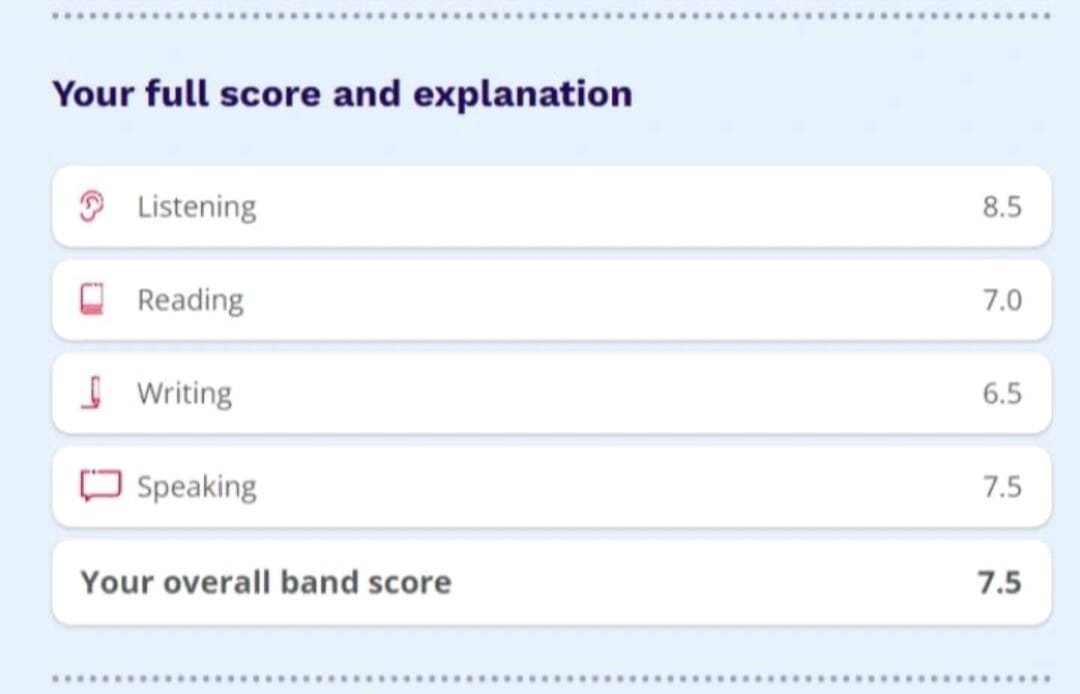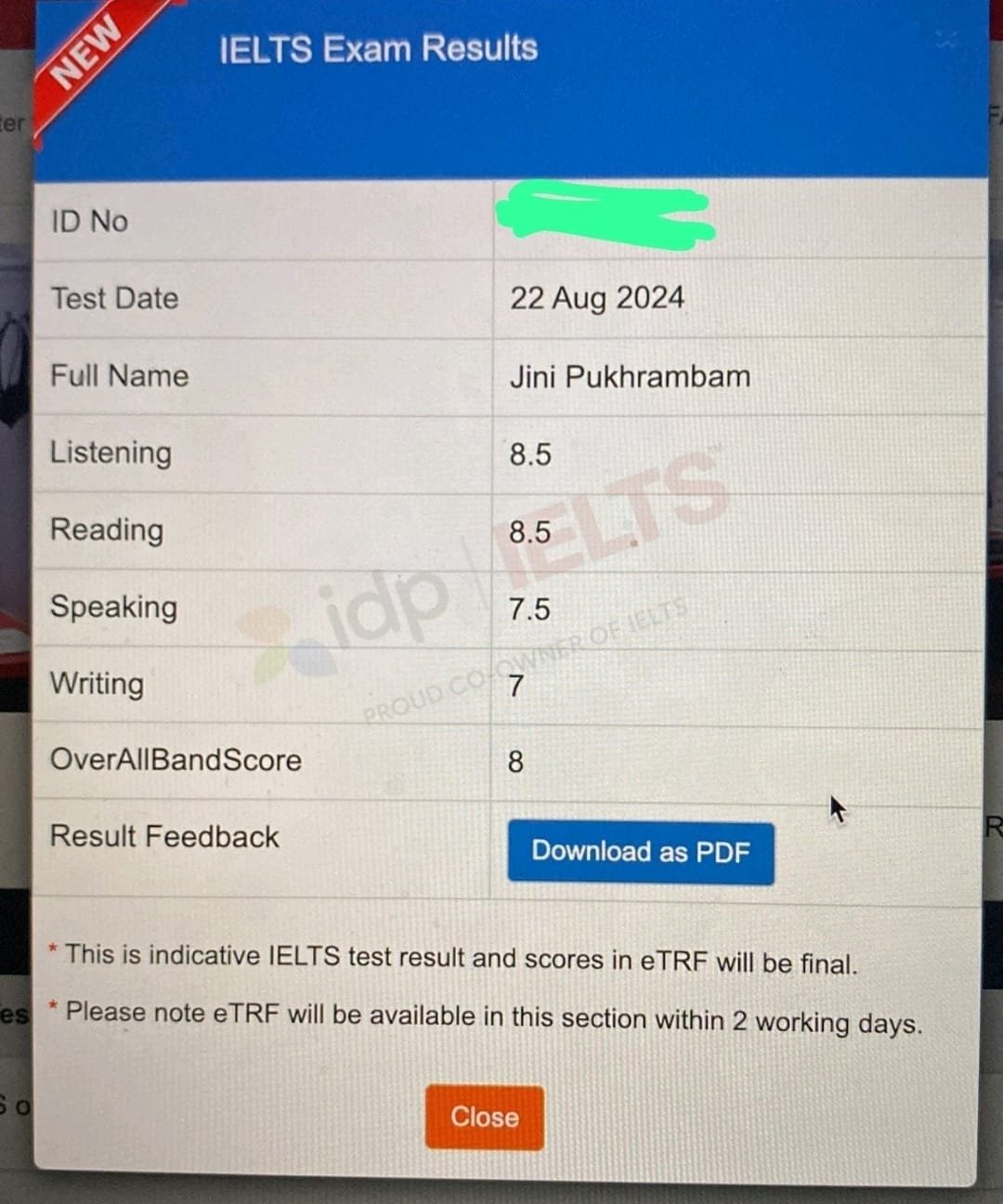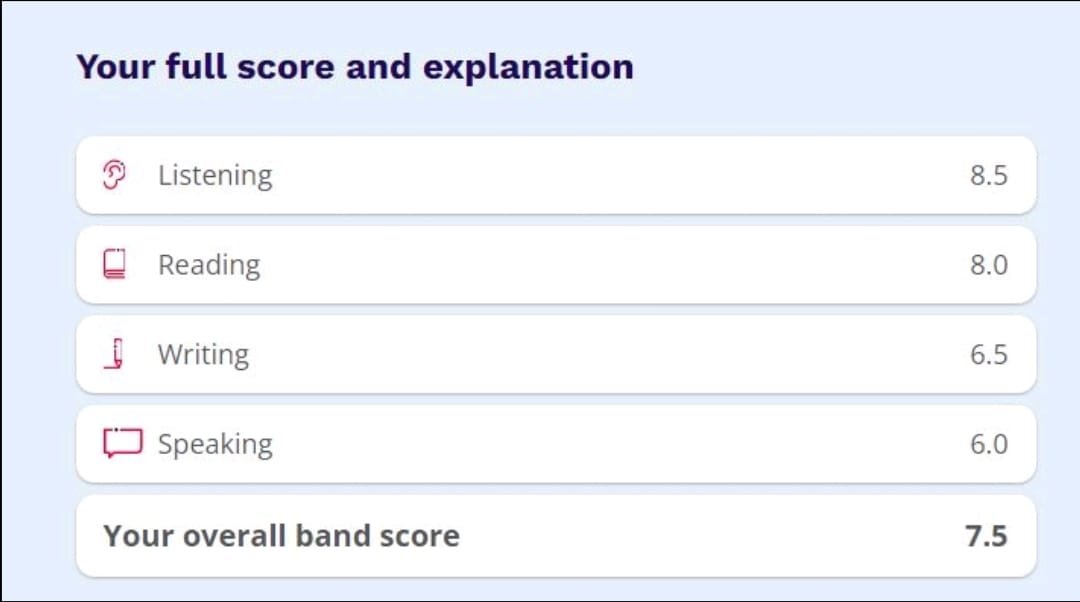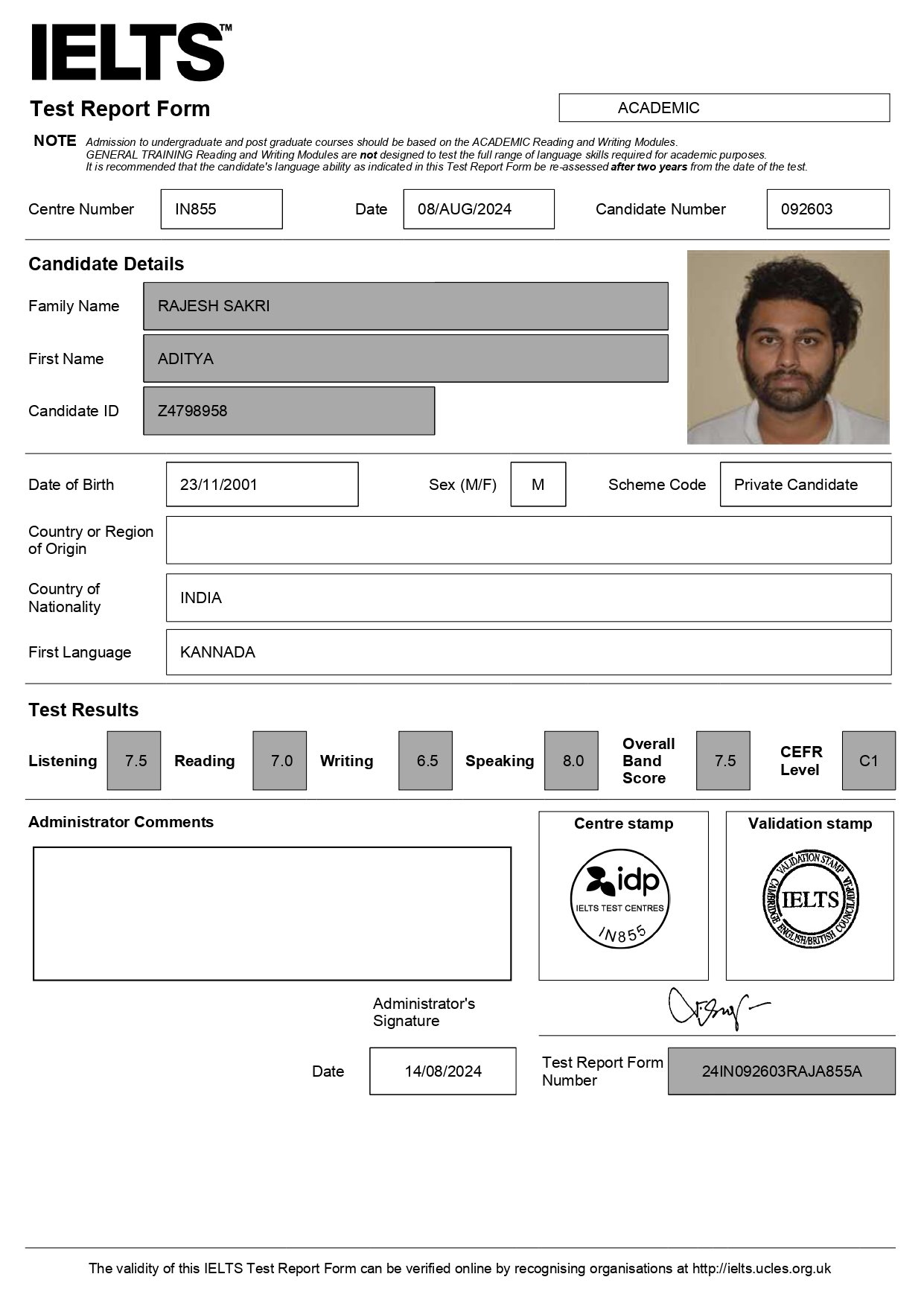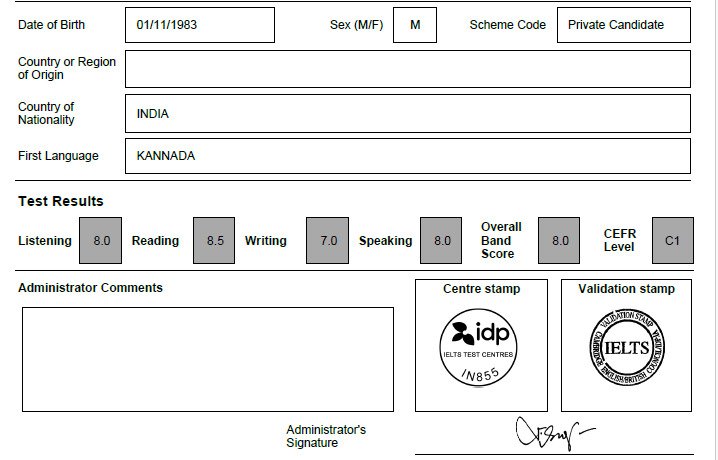
For 14 years now I have been an IELTS coach As I have been working for the IELTS I have seen too many students struggling for the reading module. Only a handful find the long passages overwhelming, while others struggle to find the correct answers in the limited time. If this is you, fear not—I have a simple, powerful method for quickly increasing your IELTS Reading score.
In this guide, I’ll take you step by step through this technique, along with helpful tips and tactics to help you get better at reading. And you will be even better prepared to ace the IELTS Reading test with a little more speed and precision by the end of this article.
The IELTS Reading test is done in two parts: the first is General Reading and the second is Academic Reading.
Before I tell you how to get the answer, first let me explain the structure of the IELTS Reading test.
For Academic IELTS:
- 3 long passages
- 40 questions
- Time: 60 minutes
- The texts are extracted from books and papers, journals, magazines, and newspapers
Helpful resource – https://yourlocalieltscoach.com/what-is-ielts-academic-reading-a-complete-guide-for-test-takers/
For General Training IELTS:
- 3 The first two sections contain short texts, and the third section contains a long passage
- 40 questions
- Time: 60 minutes
- Texts are excerpted from ads, manuals, newspapers, and magazines
No topic knowledge is needed for the reading test. However managing time and accuracy are very important for scoring a good score.
The Simple Technique to Improve Your IELTS Reading Score: The ‘Smart Skimming & Scanning’ Approach
A common error students commit is reading through the passage word by word. That would be completely unnecessary and a complete waste of your time. So skip the RWS method and use the Smart Skimming & Scanning master technique. This technique allows you to find the answer as quickly and accurately as possible without reading everything in detail.
Step 1: Read the Passage First — Only Briefly
- To scan through the passage (take 2-3 minutes)
- You do not have to read every word — just read the first and last sentence of every paragraph, and you will get the gist of what you are reading about.
- Look for headings and subheadings, words in bold, numbers, dates, and names — they act as signposts.
- This will give you a rough idea of the main idea of the passage.
Step 2: Read the Questions Carefully
- Pick the questions and read them before looking for the answers.
- Highlight or make a note of keywords in the question.
- Find out if the question requests a detail, the main idea, or comparing details.
Step 3: Look for Keywords in the Passage
- Instead of reading through the entire passage again, scan to find the keywords that you identified in Step 2.
- Locate the answer typically around the keywords or synonyms of it
- Watch out for broken paraphrases—I doubt IELTS uses the question as is.
Step 4: Pay Attention to the Surrounding Sentence
- Find the keyword through the passage, then read the previous and next sentence of the keyword in the passage to confirm your answer.
- Your answer should comply with the instructions (e.g., “one word only,” “no more than two words,” etc.).
Step 5: Manage Your Time Well
- Don’t dwell too long on one question — if you get stuck, skip it and come back later.
- Aim to finish each passage in 20 minutes so you have time to review your answers.
Why This Technique Works
- Saves time – You`re reading not everything word by word.
- Helps you find answers more quickly – Skimming helps you get the structure of the passage, and scanning helps you locate answers quickly.
- Increases accuracy – You only concentrate on the information that matters, which leads to fewer errors.
Other Tips To Score High In IELTS Reading
Expand Your Vocabulary
Again, many students fail because they do not identify the synonyms or the paraphrased words mentioned in the passage.
- Read daily English newspapers, magazines, and academic articles.
- At least learn 5-10 new words with their usage daily.
Different Types of Questions Practice
There are different types of questions you can expect in the reading test:
- True/False/Not Given
- Matching headings
- Sentence completion
- Multiple choice
So practice each type so you know what they are before the test.
Improve Your Reading Speed
- Set a timer and see if you can finish practice passages in 20 minutes.
- Read out loud for improved fluency and understanding.
- Work against a clock with ReadTheory, IELTS reading, practice tests, etc.
Focus on Time Management
- It should take you no more than 20 minutes per passage.
- If you’re unsure of an answer, take an educated guess and go forward.
- Reserve the final 5 minutes to review your responses.
Final Words
If you plan to get 7+ in IELTS Reading, you need to practice wisely. Save time, find answers faster, and achieve high accuracy, all thanks to Your Smart Skimming & Scanning method.
I have trained thousands of students, and those who used this method improved their scores dramatically. If you are looking to practice your skills with some expert help, make sure to have a look at my IELTS Online Coaching and Top IELTS eBooks for detailed strategies.
It’s not about reading everything, but SMART reading! Start using this technique from today and you will definitely see your IELTS Reading score improve.
All the best in your preparation for the IELTS!
